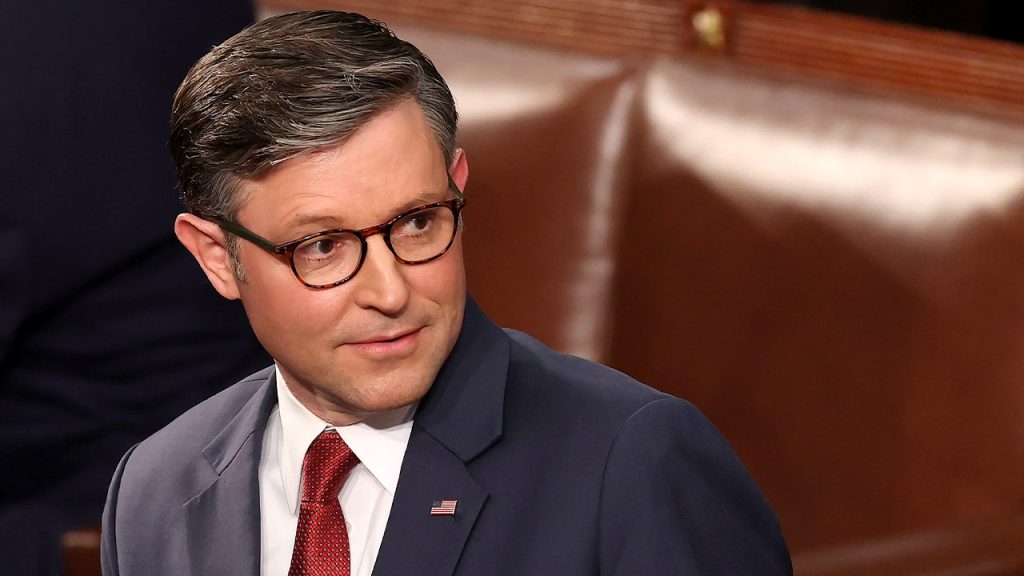Speaker Johnson Defends U.S.-Israel Alliance Amid GOP Divisions
House Speaker Mike Johnson has stepped forward to defend the strategic importance of the U.S.-Israel alliance, emphasizing its necessity in the volatile Middle East region while calling for the universal rejection of antisemitism. His remarks come at a time when the Republican Party faces growing internal divisions over continued support for Israel and how to address rising antisemitism across America.
Speaking on “The Katie Miller Podcast,” Johnson addressed what Miller described as a “schism” within the GOP regarding Israel policy. The Speaker acknowledged that many Americans support Israel for faith-based reasons but argued that even setting religious considerations aside, the relationship deserves support on pragmatic grounds. “It’s really important to have that ally and partner in that corner of the world,” Johnson explained, describing Israel as “the only stable democracy in the Middle East” in what he characterized as a geopolitical “tinderbox.” Beyond strategic considerations, Johnson took a firm stance against antisemitism, insisting it “ought to be universally rejected and called out,” adding that Americans “got to love everybody and certainly the Jewish people.”
The Speaker’s comments highlight a growing tension within Republican ranks, where traditional unwavering support for Israel is being challenged by a small but increasingly vocal contingent of GOP representatives. Most notably, Representatives Marjorie Taylor Greene of Georgia and Thomas Massie of Kentucky have broken with party orthodoxy on Israel policy. Greene, who recently announced her intention to leave Congress in January 2026, has emerged as a critic of U.S. policy toward Israel and has advocated for reducing military aid to Jerusalem. For his part, Massie has consistently opposed U.S. military assistance to Israel and has criticized what he perceives as the outsized influence of pro-Israel lobbying organizations, particularly AIPAC, on American foreign policy decisions.
This internal Republican debate unfolds against the backdrop of a complex international situation, where Israel’s military operations have occasionally drawn criticism even from traditional allies. Recent Israeli strikes in Qatar, for instance, triggered a rare rebuke from the United States, testing diplomatic relationships in the Gulf region. Former Vice President Mike Pence has also weighed in on the broader issue of antisemitism, declaring there is “no place for antisemitism in America today, tomorrow or ever” – a sentiment that aligns with Johnson’s position while sidestepping some of the more contentious policy questions regarding military aid and diplomatic support.
The emerging divisions within the Republican Party reflect broader questions about America’s role in the Middle East and the parameters of its support for international allies. While the GOP has historically presented a united front on Israel, figures like Greene and Massie represent a faction increasingly willing to question longstanding foreign policy assumptions. Their perspectives, though currently minority positions within the party, signal potential shifts in how future Republican lawmakers might approach Israel policy and Middle Eastern diplomacy more broadly.
Speaker Johnson’s defense of the U.S.-Israel relationship attempts to bridge these divides by appealing to both religious and strategic rationales, while maintaining a clear stance against antisemitism. As the Republican Party continues to evolve in the post-Trump era, the question of Israel support represents just one dimension of a larger conversation about America’s global commitments, the proper extent of foreign aid, and how domestic politics intersects with international relations. Johnson’s intervention suggests that party leadership remains committed to the traditional pro-Israel stance, even as dissenting voices grow louder within Republican ranks.


